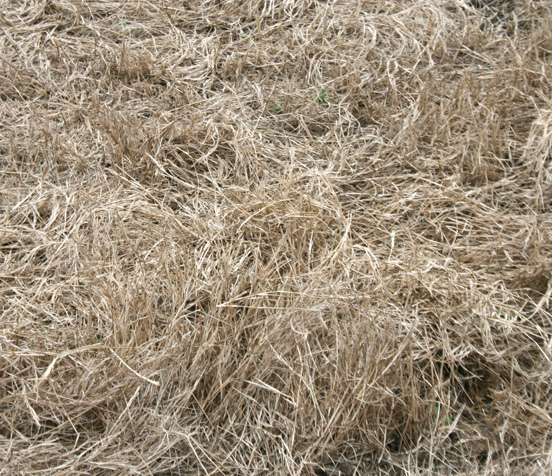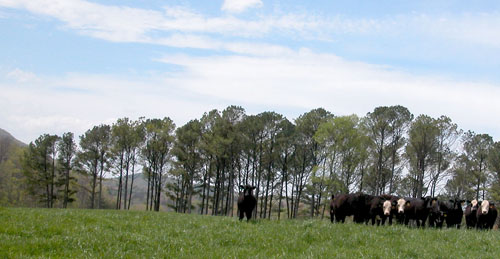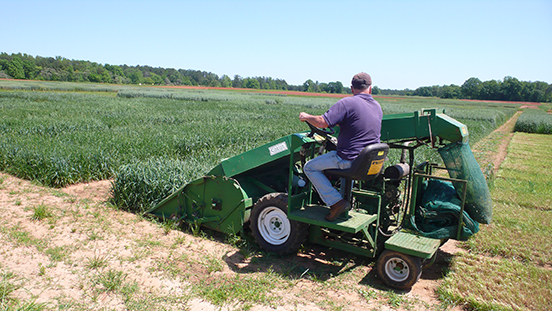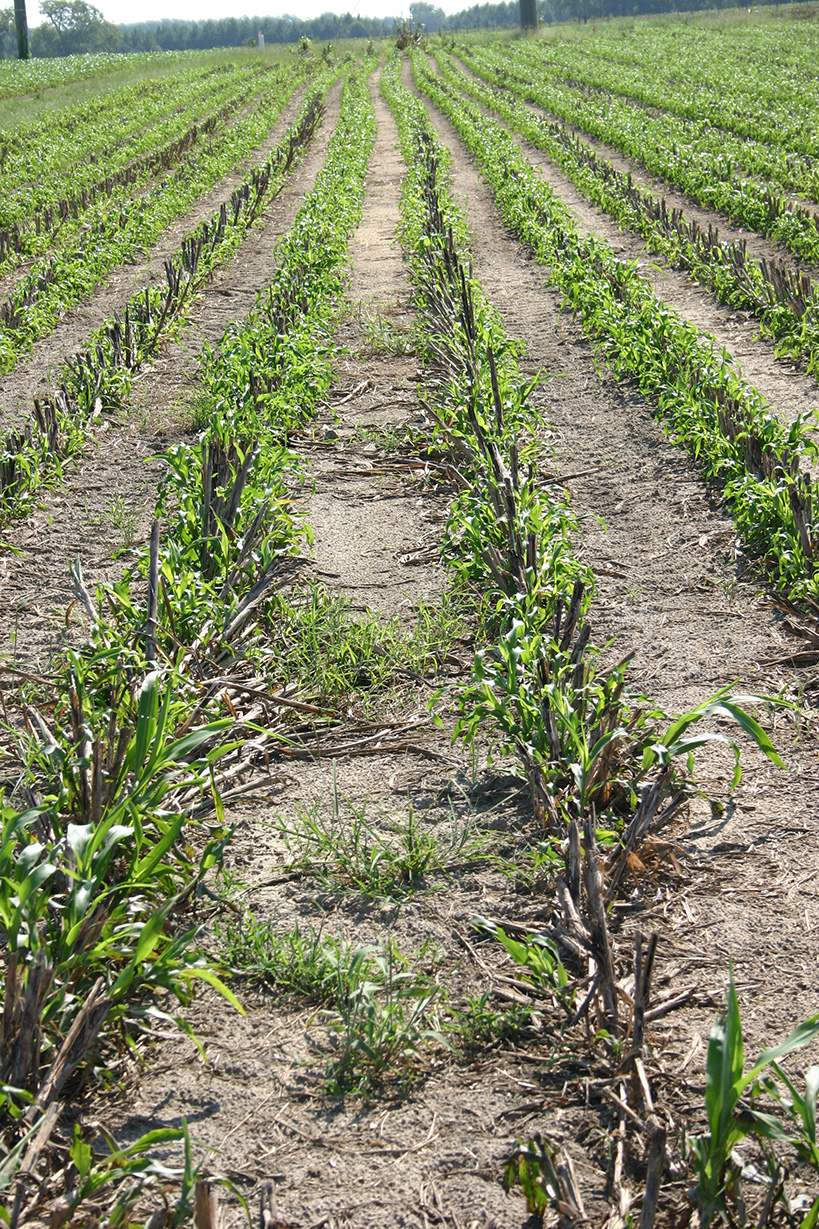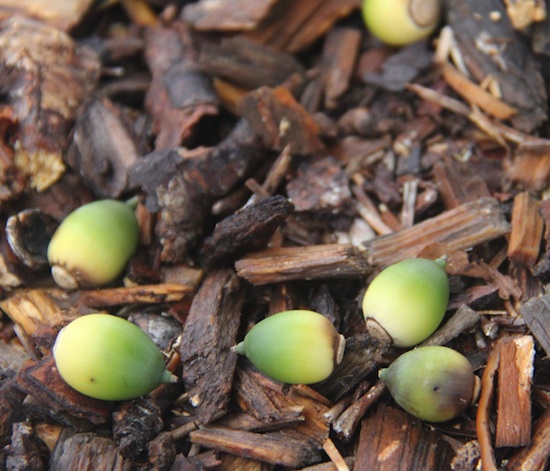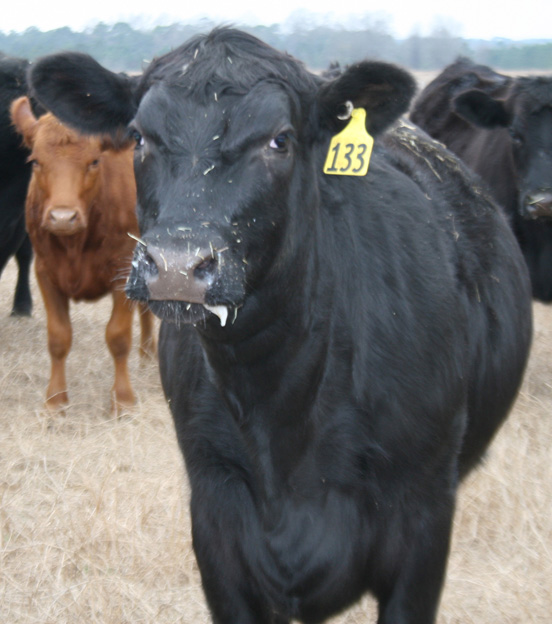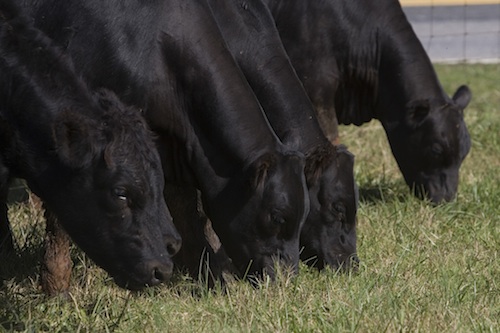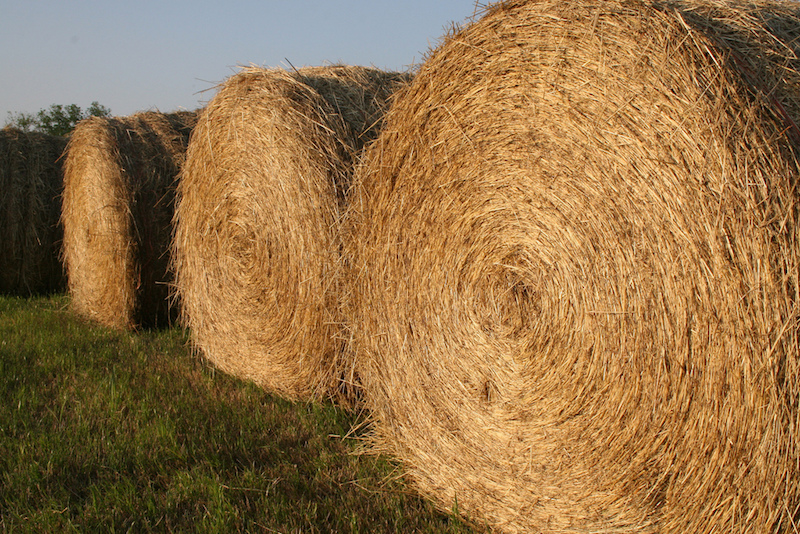 CAES News
CAES News
Hay Contest
Hay doesn’t always get the respect it deserves. You won’t find it featured in any “farm-to-table” magazine spreads or highlighted in a “Got hay?” marketing campaign. Good hay’s not flashy, but without it, great steaks and cheese would be impossible.

